Fully-matching results
-
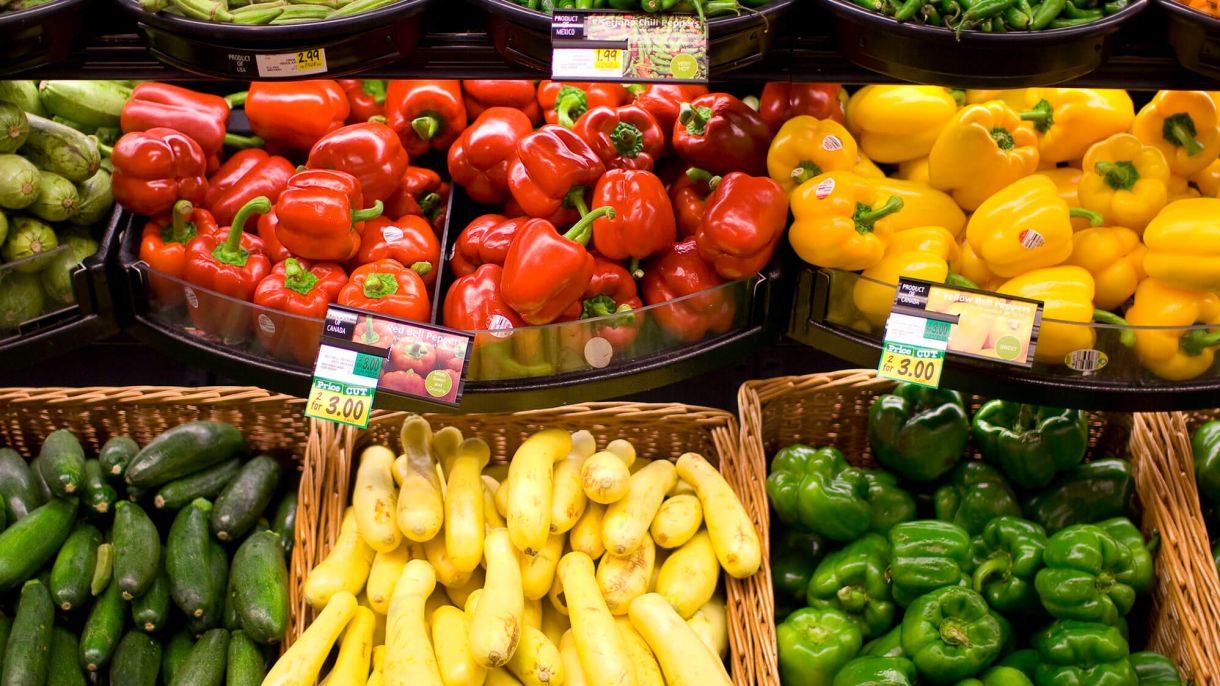 Food and Agriculture
Food and Agriculture
Memo to the UN: Time to Drain the Food Swamp | Chicago Council on Global Affairs
Robert Paarlberg challenges the UN to look beyond food access to food excess and the health issues that accompany it.
-
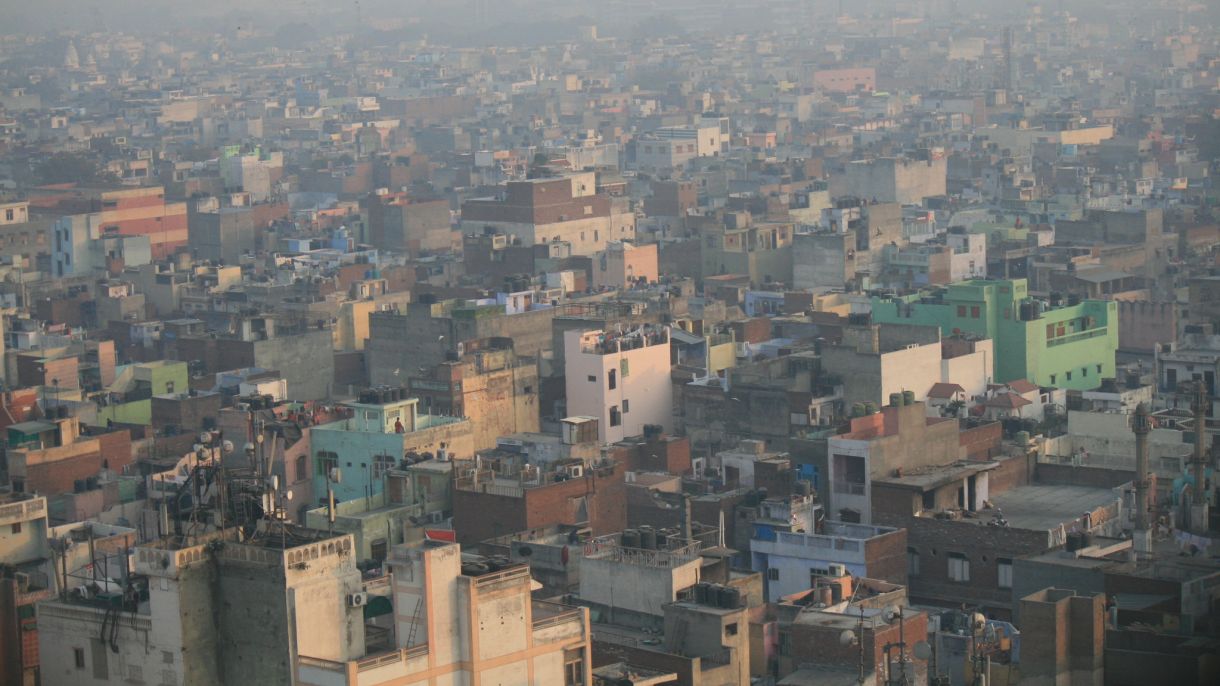 Global Cities
Global Cities
The Urban Century of China and India | Chicago Council on Global Affairs
Xuefei Ren argues that cities in China and India are more aptly compared in territorial vs. associational governance than by regime type.
-
 Andreas Praefcke
Andreas PraefckeTrade Wars, Slowing Global Economy, and Monetary Policy | Chicago Council on Global Affairs
The president and CEO of the Federal Reserve Bank of Dallas, Robert S. Kaplan, joins the Council for a discussion about monetary policy for the US economy. -
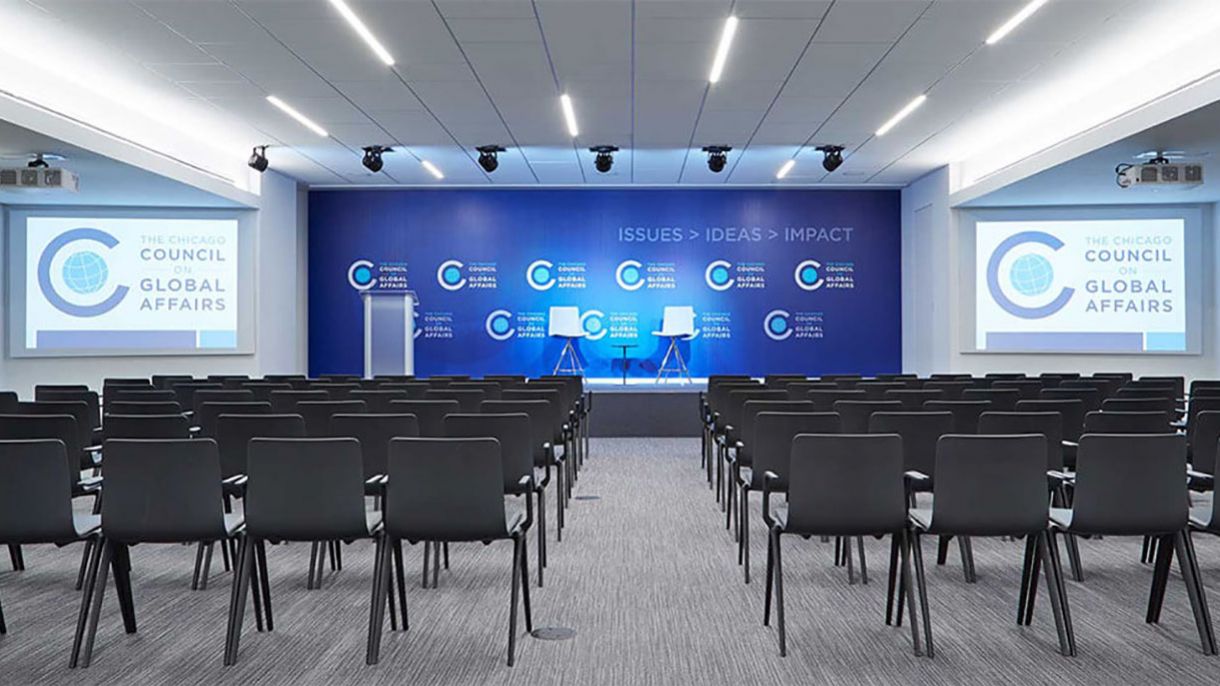 Global Health
Global Health
How the Council is Responding to the Shutdown | Chicago Council on Global Affairs
How the Chicago Council on Global Affairs is handling the stay-at-home order due to the COVID-19 pandemic.
-
Public Opinion
Year in Review: 2022 in Public Opinion | Chicago Council on Global Affairs
Reflect on the year with highlights from the Council's public opinion research and analysis.
-
 Reuters
ReutersRethinking Capitalism: Opportunities for a Bold Economic Recovery | Chicago Council on Global Affairs
Professor Mariana Mazzucato explains why her vision of economics — moving beyond profit to promote inclusion, equity, and sustainability — can fix the world’s most pressing issues. -
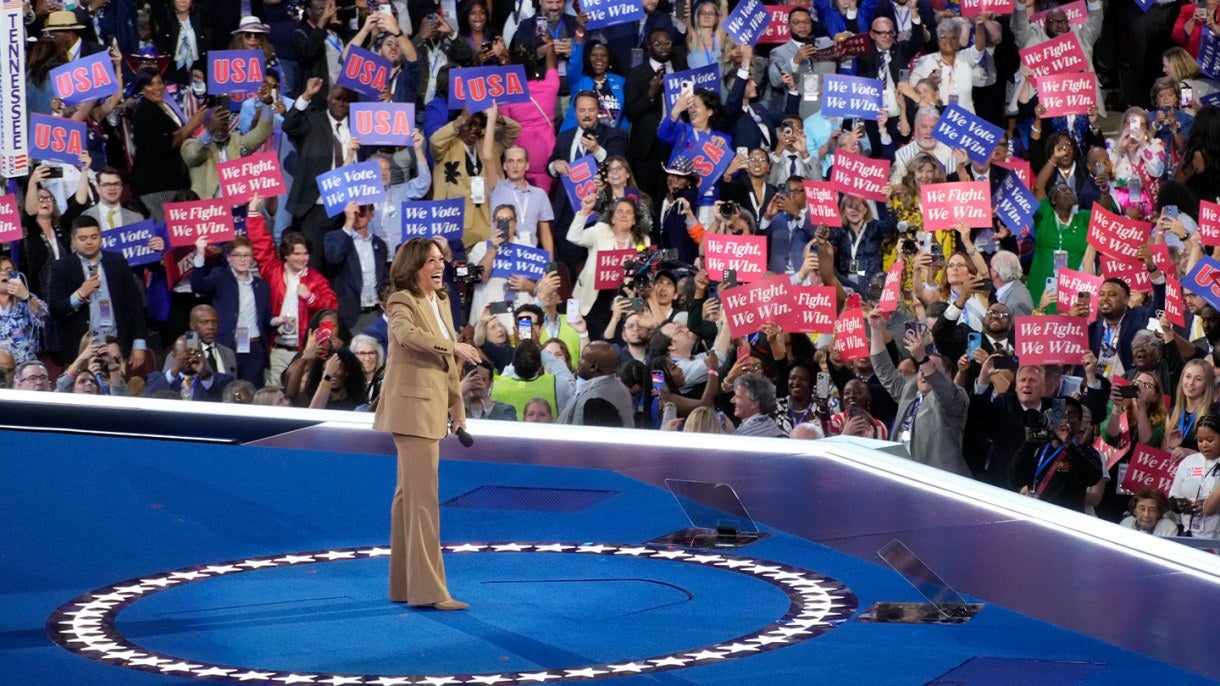 Global Politics
Global Politics
Democratic Euphoria, Harris's Foreign Policy, Middle East Waiting Game | Chicago Council on Global Affairs
Matt Kaminski, Ken Moriyasu, and Macarena Vidal join Ivo Daalder in Chicago to discuss the week's top news stories.
-
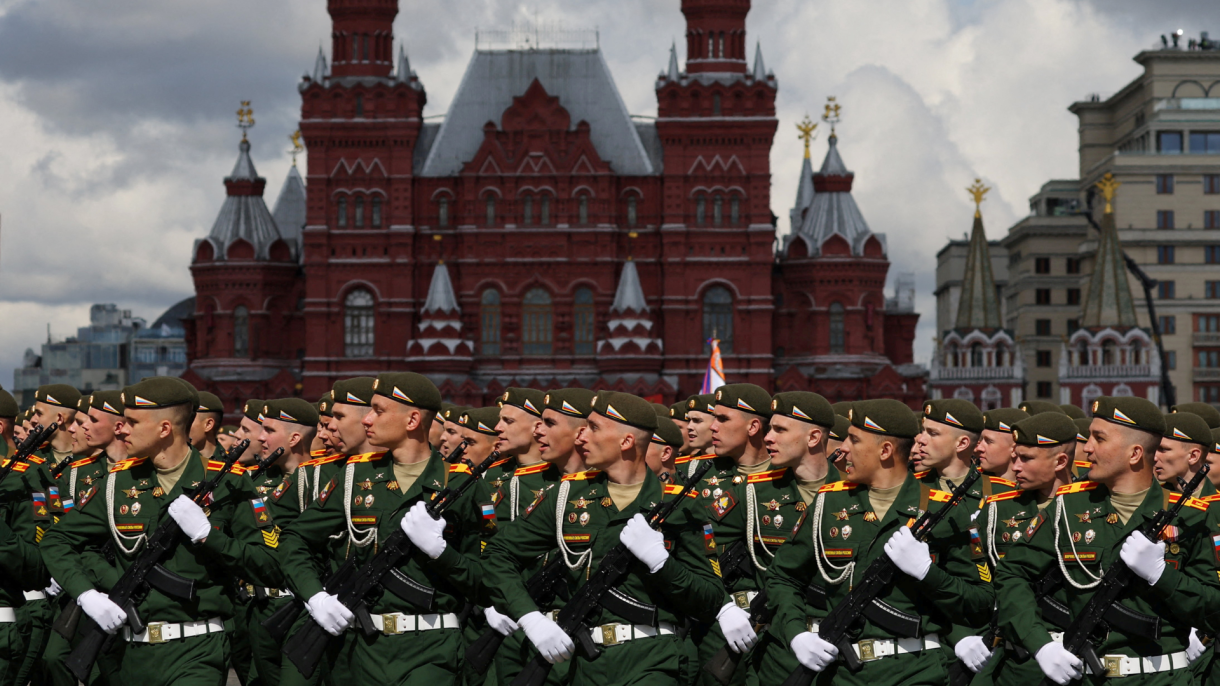 US Foreign Policy
US Foreign Policy
World Review: Russia vs Europe, Northern Ireland, and Globalization's End? | Chicago Council on Global Affairs
Caroline de Gruyter, James Harding, and Ryan Heath join Ivo Daalder to discuss the week's top news stories.
-
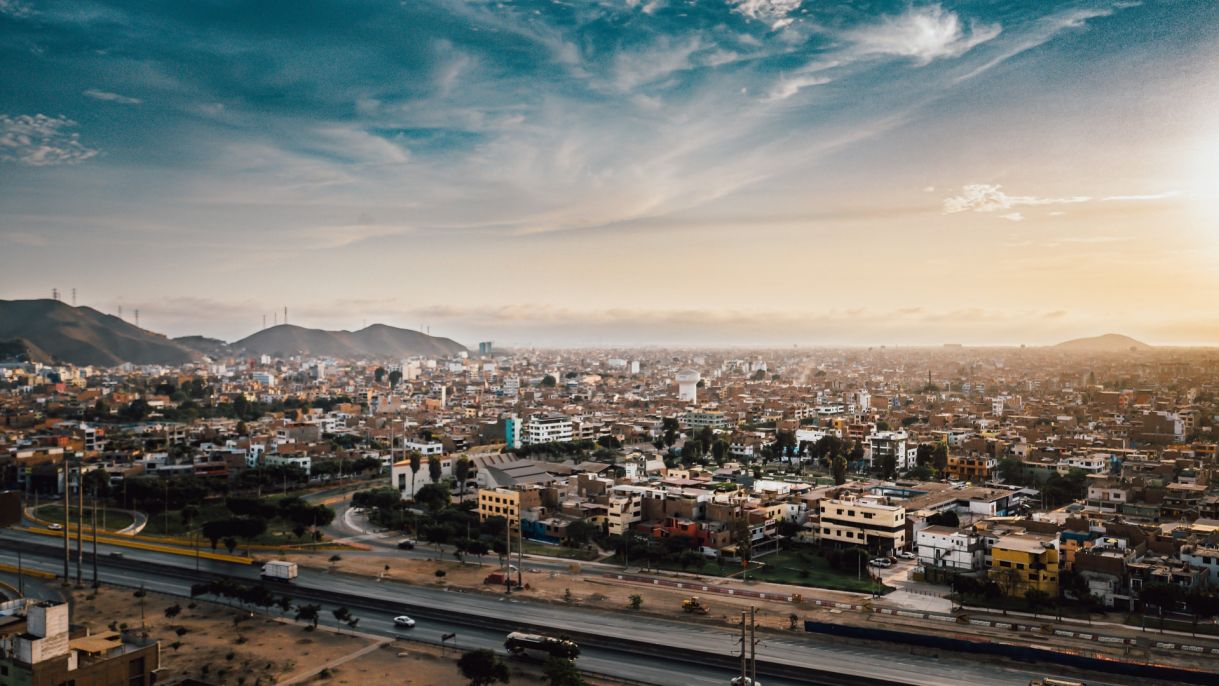 Food and Agriculture
Food and Agriculture
From Simple to Great, from Past to Future | Chicago Council on Global Affairs
Lima 2035 shares their ambitious plan to change urban food systems to transform the world’s driest megacity.
-
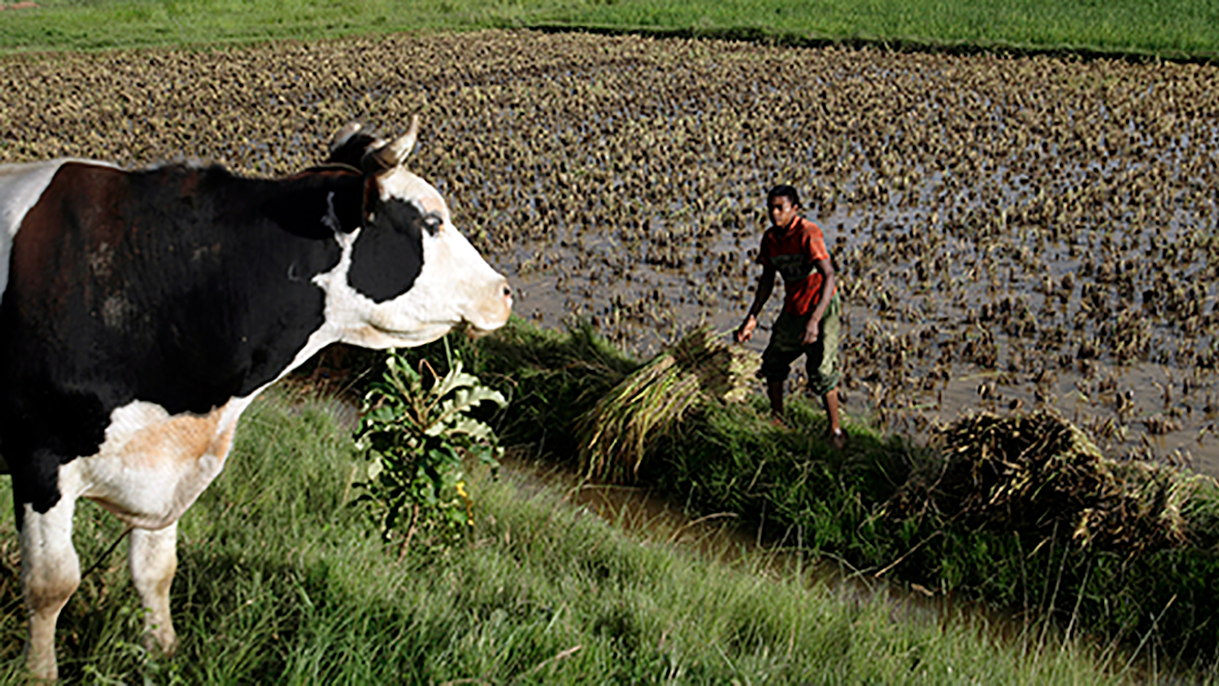 Food and Agriculture
Food and Agriculture
Climate Famine, Seeds, and a Land Survey | Chicago Council on Global Affairs
Check out our round up of the week's top stories in food, agriculture, and global development!